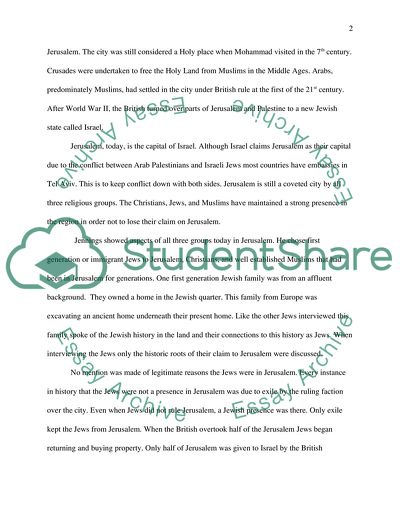Cite this document
(The Importance Of Jerusalem For The Different Religions Essay, n.d.)
The Importance Of Jerusalem For The Different Religions Essay. Retrieved from https://studentshare.org/religion-and-theology/1744264-assigment-3
The Importance Of Jerusalem For The Different Religions Essay. Retrieved from https://studentshare.org/religion-and-theology/1744264-assigment-3
(The Importance Of Jerusalem For The Different Religions Essay)
The Importance Of Jerusalem For The Different Religions Essay. https://studentshare.org/religion-and-theology/1744264-assigment-3.
The Importance Of Jerusalem For The Different Religions Essay. https://studentshare.org/religion-and-theology/1744264-assigment-3.
“The Importance Of Jerusalem For The Different Religions Essay”, n.d. https://studentshare.org/religion-and-theology/1744264-assigment-3.


